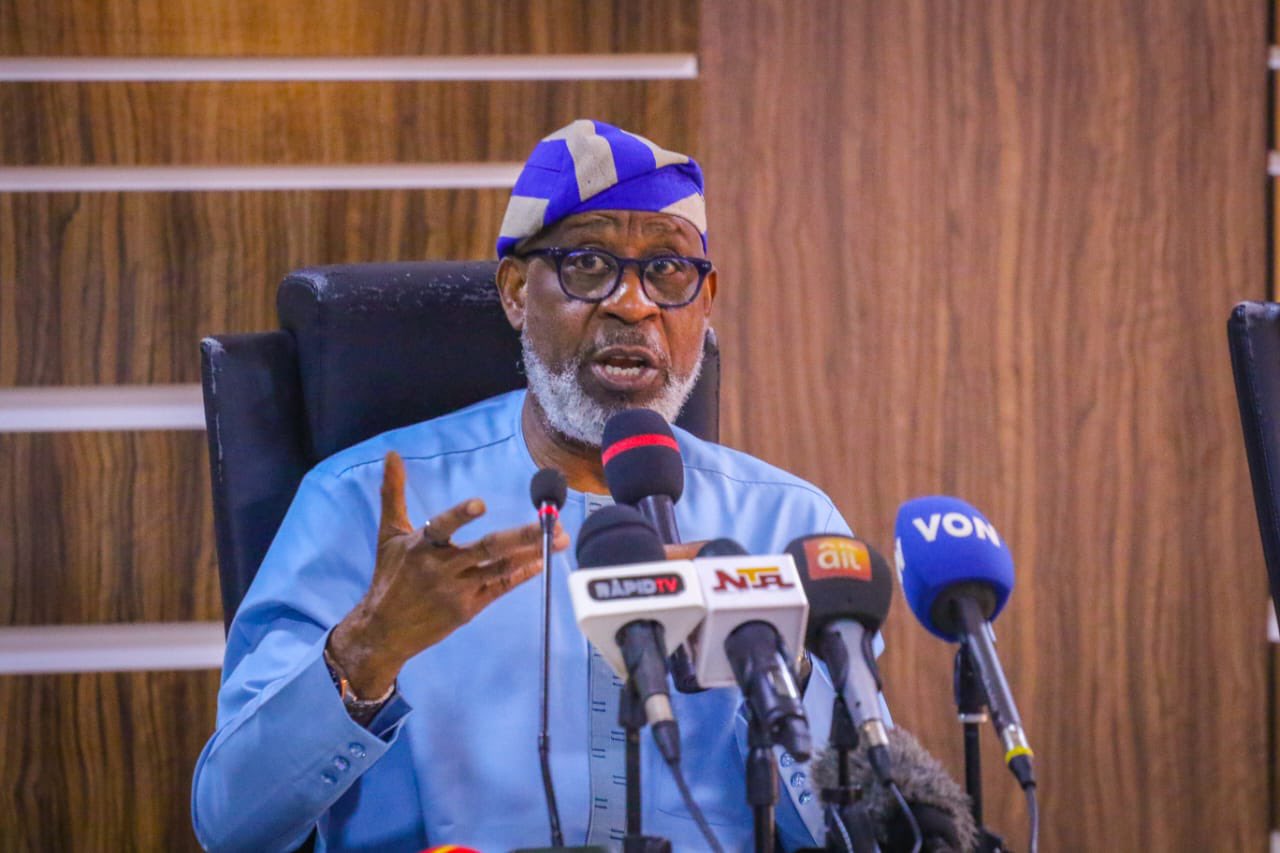SWOT Analysis of Nigeria’s Mining Sector Post-Tinubu’s Policy Overhaul
President Bola Tinubu’s administration has significantly transformed Nigeria’s solid minerals sector, attracting over $800 million in foreign investment and increasing revenue from ₦6 billion in 2023 to ₦38 billion in 2024, despite receiving only 18% of its ₦29 billion budget allocation. Below is a SWOT analysis of the sector based on these reforms, as detailed by Minister of Solid Minerals Development, Dr. Dele Alake, and other sources.
Strengths
- Significant Investment Inflow: The sector attracted over $800 million in processing projects in 2024, including a $600 million lithium processing plant near the Kaduna-Niger border and a $200 million lithium refinery near Abuja, with two additional plants in Nasarawa set for commissioning by Q3 2025.
- Revenue Growth: A six-fold revenue increase to ₦38 billion in 2024 from ₦6 billion the previous year, driven by policies emphasizing local value addition and a tightened licensing regime.
- Investor Confidence: Over 10,000 applications for mining licenses were received in Q1 2025, reflecting strong local and international interest, particularly from the UK, US, Saudi Arabia, and UAE.
- Regulatory Reforms: The establishment of Mining Marshals (2,570 personnel) and the revocation of 924 dormant licenses have curbed illegal mining and attracted serious investors. Over 300 illegal miners were arrested, with 150 prosecutions ongoing and nine convictions secured.
- Exploration Investment: A ₦1 trillion budget allocation for mineral exploration in 2025 aims to generate credible geological data, addressing Nigeria’s historical underinvestment ($2 million compared to $300 million in South Africa).
Weaknesses
- Underfunding: The sector received only 18% of its ₦29 billion budget in 2024, limiting its capacity to fully implement reforms or scale operations.
- Historical Underinvestment: Prior to reforms, Nigeria’s exploration spending was minimal ($2 million), hindering credible data generation and investor interest compared to peers like Côte d’Ivoire ($148 million) and Sierra Leone ($40 million).
- Ongoing Security Challenges: Illegal mining, linked to insecurity, remains a concern, requiring continued enforcement through Mining Marshals and community engagement.
- Implementation Gaps: Stakeholders note issues like state interference, over-regulation, and multiple taxation, which could slow progress despite reforms.
- Dependence on Lithium: The $800 million investment is heavily tied to lithium projects, risking over-reliance on a single mineral amid global market fluctuations.
Opportunities
- Economic Diversification: The sector is becoming a pillar of Tinubu’s economic diversification plan, reducing reliance on oil through investments in lithium, gold, and other minerals critical for the global energy transition.
- Global Demand for Critical Minerals: Rising interest from global players (e.g., UK, US, Saudi Arabia, UAE) in Nigeria’s lithium and other minerals offers potential for further investment and partnerships.
- Formalizing Artisanal Mining: Over 250 cooperatives have been established to integrate informal miners into the formal economy, providing access to credit and structured income, which could boost local economies.
- African Leadership: Nigeria’s chairmanship of the African Mineral Strategy Group, formed in 2024, positions it to lead on local value addition and fairer mineral trade deals across Africa.
- Data-Driven Growth: The ₦1 trillion exploration budget could produce internationally certified geological data, attracting more investors and unlocking Nigeria’s 44 commercially viable minerals.
Threats
- Global Market Volatility: Fluctuations in lithium and other mineral prices could impact the profitability of new processing plants and deter future investments.
- Security Risks: Persistent illegal mining and banditry, as seen in Zamfara before the lifting of a five-year ban, could undermine investor confidence if not fully addressed.
- Regulatory Inconsistencies: Stakeholder concerns about state interference and over-taxation could discourage investors if not resolved through consistent policy enforcement.
- Competition from Peers: Countries like South Africa and Côte d’Ivoire, with more established exploration programs, may continue to outpace Nigeria in attracting mining investments.
- Political and Economic Instability: Domestic political tensions and economic challenges, such as inflation or currency fluctuations, could affect the sector’s growth trajectory.
Conclusion
Tinubu’s policy overhaul has revitalized Nigeria’s solid minerals sector, driving an $800 million investment boost and a six-fold revenue increase to ₦38 billion in 2024. Strengths like investor confidence, regulatory reforms, and strategic projects position the sector as a key driver of economic diversification. However, weaknesses such as underfunding and historical neglect, alongside threats like market volatility and security risks, require sustained efforts to maintain momentum. Opportunities in global demand, exploration, and African leadership could further transform the sector if Nigeria continues to prioritize data generation, enforcement, and formalization of artisanal mining. For further details, see sources like Nairametrics, Tribune Online, and the State House documentary.
